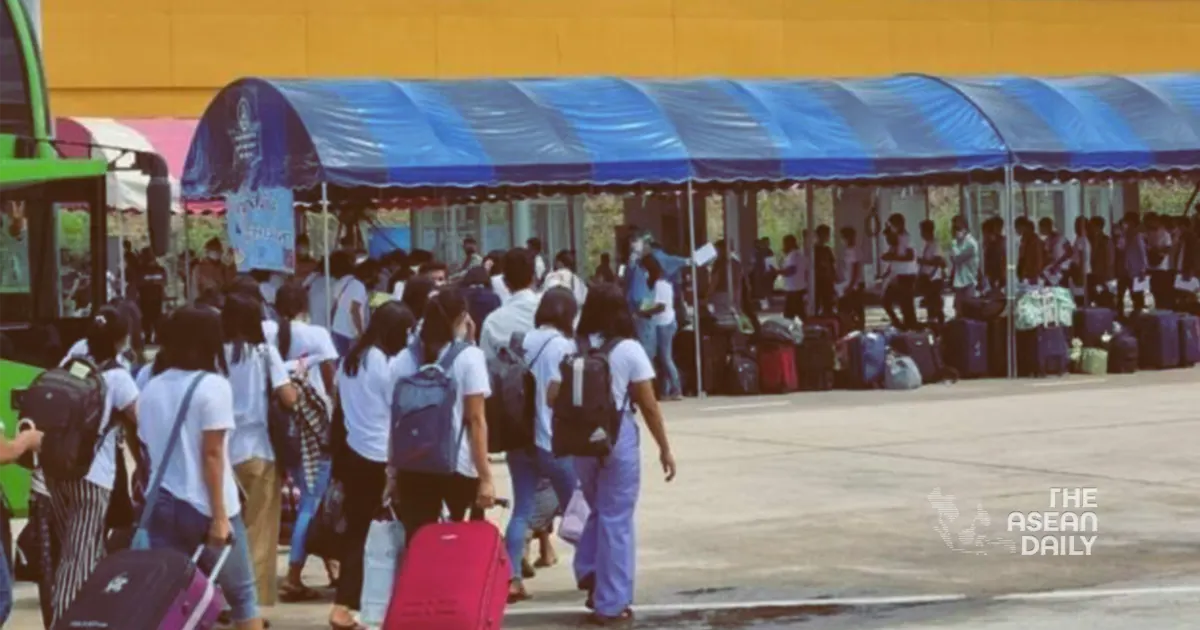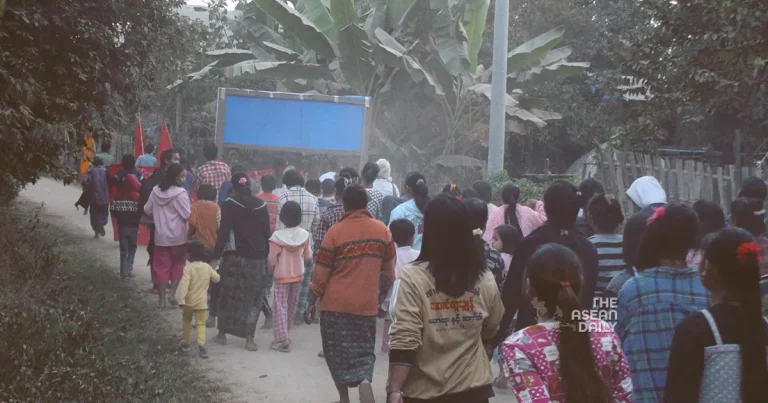2-12-2024 (BANGKOK) The complex relationship between Thailand and Myanmar faces unprecedented challenges as a comprehensive study by the Center for Strategic Policy (CSP) reveals far-reaching implications of Myanmar’s ongoing political turmoil since the 2021 military coup.
The groundbreaking research, set to be presented at a high-level roundtable in Bangkok this December, underscores the profound impact on Thailand, which hosts over four million Myanmar workers and maintain s crucial border trade exceeding 100 billion baht annually.

Thailand’s humanitarian response has intensified with nine holding centres across four provinces currently sheltering more than 100,000 displaced persons from Myanmar. These facilities, some operating for over three decades, have previously accommodated up to 500,000 people during peak crises, highlighting the persistent nature of Myanmar’s internal conflicts.
The situation has placed ASEAN’s diplomatic principles under scrutiny, particularly its “non-interference” stance and the largely ineffective Five-Point Consensus peace plan introduced in April 2021. Regional experts suggest this deadlock threatens ASEAN’s credibility in resolving internal disputes.

“The Myanmar crisis presents both challenges and opportunities for Thailand’s strategic positioning in Southeast Asia,” notes the draft study, which examines political, economic, and social dimensions of the bilateral relationship.
The research emphasises critical areas requiring immediate attention, including cross-border security, economic cooperation amidst international sanctions, and the management of humanitarian challenges. The border trade, valued at approximately USD 2.9 billion in 2022, faces significant pressures from political instability and international sanctions against Myanmar.
The CSP’s forthcoming roundtable discussion, scheduled for 16 December at The Sukosol Hotel in Bangkok, will convene 80-100 selected participants from government agencies, private sector, academia, and civil society organisations. This closed-door session aims to finalise practical policy recommendations for the Thai government’s consideration.
The initiative represents Thailand’s first comprehensive think-tank assessment of the crisis, focusing on evidence-based solutions to address regional stability challenges. The findings are expected to influence Thailand’s strategic approach to the Myanmar crisis while balancing humanitarian obligations with national security interests.
This inaugural session of the CSP Roundtable Series marks a significant step towards developing coordinated responses to regional challenges, with particular emphasis on fostering dialogue between key stakeholders and promoting peaceful solutions for Myanmar’s ongoing crisis.




